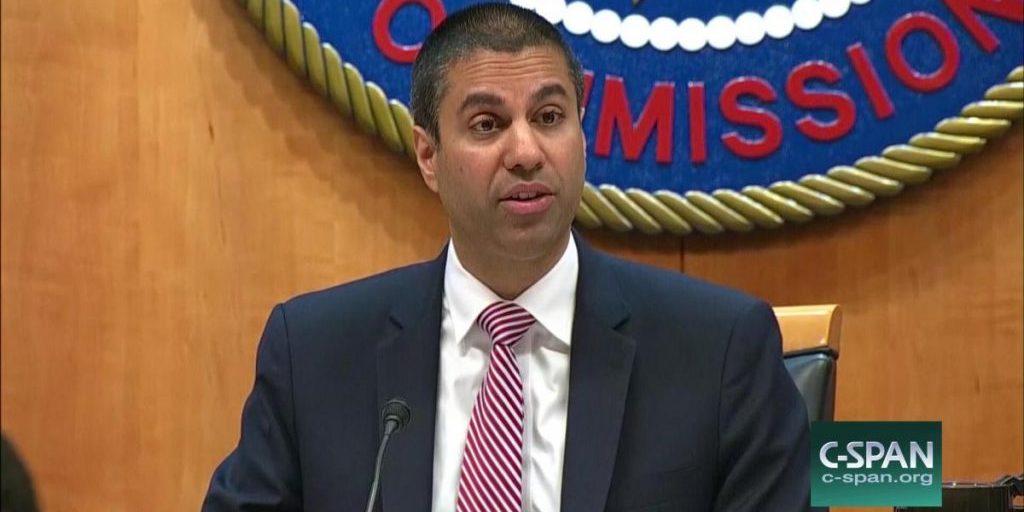FCC’s Repeal of Net Neutrality Leaves Many Unsettled
BY Hannah Felfe

LISTEN
In the midst of physical and online protests, the select few of the US Federal Communications Commission (FCC) voted an unsettling fate for consumers, small startups and innovative law firms alike. The FCC Chairman Ajit Pai finally received his long-awaited desire: the trumping of net neutrality.
In a 3-2 vote, Pai’s proposal to repeal the Obama-era 2015 laws of internet neutrality came true.
This past Thursday was Pai's biggest triumph to date since being appointed by President Trump in January. The result of the FCC's vote will be seen in few months. First, the repeal needs to be formally processed and approved by the White House Office of Management and Budget. After the processing period, Internet Service Providers (ISPs) will have the ability to alter how internet consumers have access to online content.
Obama’s 2015 internet laws prevented ISPs from blocking website content, charging more for access to certain content and slowing down internet speeds for consumers. With the repeal, however, ISPs such as AT&T, Comcast and Verizon will have extreme power over consumers and internet content.
Greg Lambert, an attorney and president of the American Association for Law Libraries (AALL), expresses his concern that “without net neutrality, ISPs will have the ability to stifle innovation and suppress free expression . . . AALL strongly urges Congress to reverse today’s ill-considered decision by the FCC.”
Lambert is not alone in his dissatisfaction of FCC’s decision. The decision prompted protests from all sides, including the Democrats, Hollywood, and companies such as Facebook or Netflix. These groups strongly advised Pai to continue with the Obama-era rules that show much more popular support from the public. Smaller startups are concerned with a lack of restriction having the power to block their content or increase costs. While Internet Service Providers say they will not block legal content, they will most likely allow paid prioritization for online companies.
Pai argued that the 2015 rules suppressed innovation and competition amongst service providers, yet he failed to recognize how it affected smaller companies in their own innovative attempts. Last Thursday, Pai explained that “the internet wasn’t broken in 2015. We weren’t living in a digital dystopia.”
As a result of the decision, Democrat Senator Edward Markey has joined with 15 other senators in a plan to resolve the current FCC action by revoking the repeal and reinstating the Obama-era net neutrality law from 2015. In addition the New York attorney general, Eric Schneiderman, announced that he plans to file a lawsuit involving multiple states in order to “stop the FCC’s illegal rollback of net neutrality.”
LATEST STORIES



